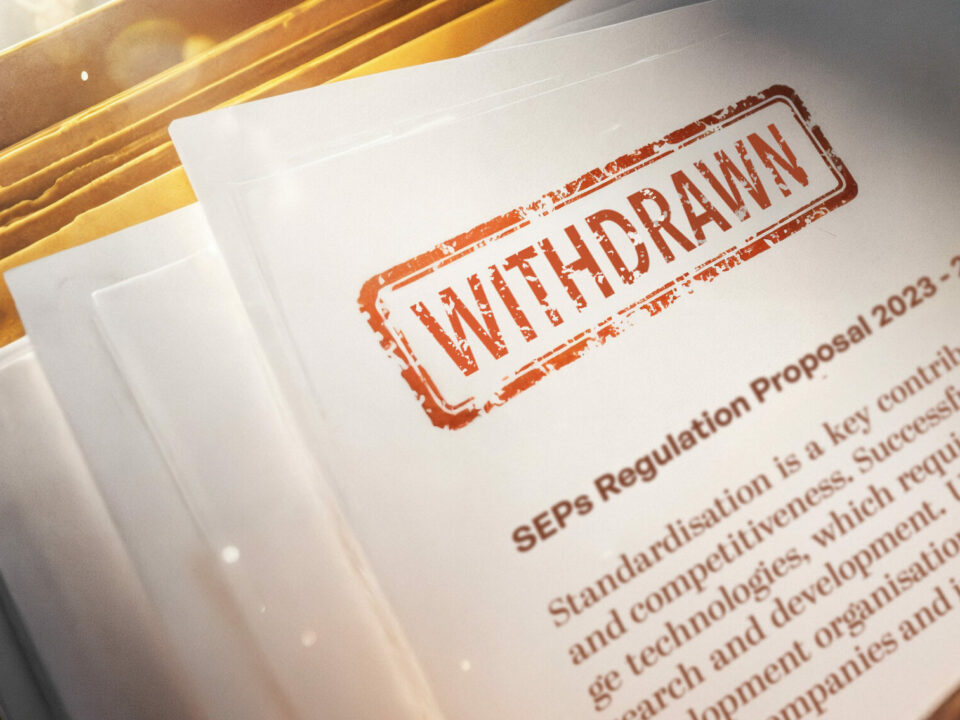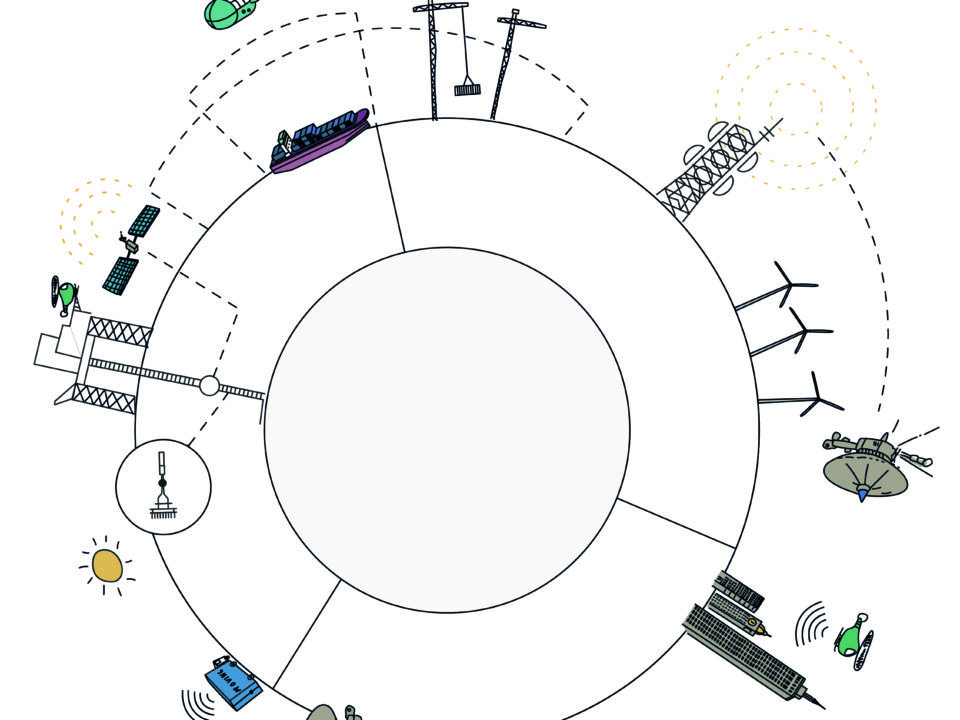How Hold-out Threatens President von der Leyen’s Vision for the EU
On September 15, 2021, during the EU State of the Union address, President Ursula von der Leyen set forth a long-term vision for the European economy and society. This vision focused significantly on advancing the green economy, on digitization, and on maintaining European leadership in strategic areas such as wireless technology. Calling digital “the make-or-break issue” for the EU in the coming years, she called for a major focus on European technological sovereignty, and on shaping the digital transformation “according to our own rules and values”.
At IP Europe, we welcome the emphasis by President von der Leyen on strategic autonomy and technology leadership. We agree that leadership in wireless technology, in particular, must remain a crucial objective for the EU in light of its foundational role across the European economy and society. And we agree that European values such as transparency, openness, consensus, and legal certainty should underpin the digital environment; these are reflected in our current open standardization system for wireless technology. The alternative would be a closed system, with gatekeepers determining access to proprietary networks.
The good news is that Europe already has a strong innovative capacity in wireless technology. To align with President von der Leyen’s vision EU policymakers need only to nurture and maintain it in the coming years. For a start, they can enact the right enabling policies, including effective IP protection. They should reject policy initiatives that could undermine European leadership in this sector, which do not align with the market dynamics and other characteristics of the sector.
Once R&D and manufacturing capacity diminish or even disappear, along with the related scientific and technical expertise and human capital, they are very difficult if not impossible to fully restore. The case of semiconductor manufacturing in Europe offers one unfortunate example; President von der Leyen’s vision to establish the EU as a leading player in the production of cutting-edge chips will be challenging to realize in practice, as she herself acknowledged in her speech. European leadership in standardized wireless technology must not be let to suffer the same fate.
Today European innovators are still leaders in wireless communications technologies. But this leadership, and the foundations of our open standardization system, are under threat from large technology users that profit from using these technologies in their products without adequately compensating its developers. This practice is known as “hold-out”. Use of this tactic by implementers has now been confirmed many times by European courts (see a list of hold-out strategies here). Hold-out undermines participation in SDOs and FRAND licensing, along with R&D and innovation in the sector, and harms the wireless ecosystem. Hold-out threatens European leadership in 5G and 6G and beyond, as the innovation lifecycle is dependent on innovators being adequately compensated for their R&D without the threat of costly, protracted litigation against recalcitrant licensees.
An appropriate step towards realizing the vision of President von der Leyen would be for the EU institutions to acknowledge and collect data about hold-out, and to ensure that all policy initiatives take this problem into account.



